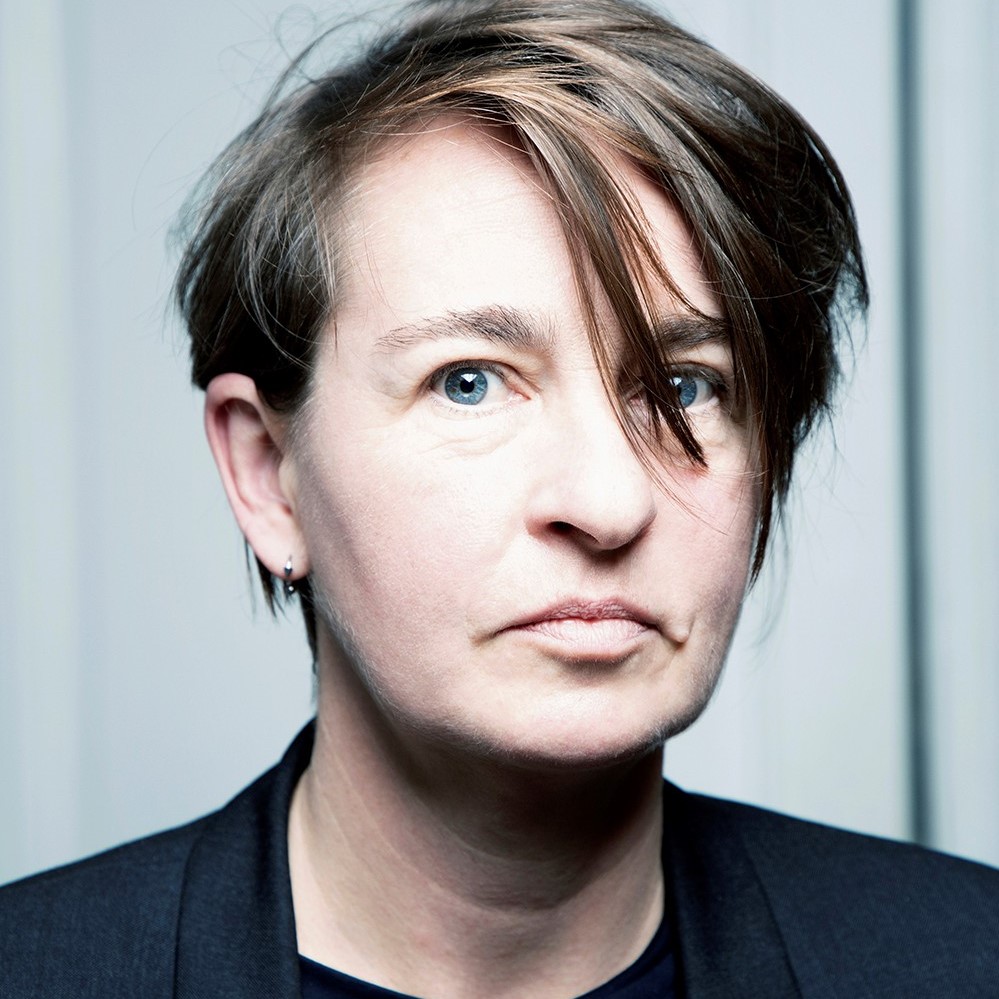Céline Minard
Writer

- Literature
- Los Angeles
“My project aims to make waves in the Los Angeles River, cause cracks in its concrete, electrify its riverbed with a spark of thriving life, and drain the entire city resulting from this.”
I am a French-language writer and a lover of fiction. In all my books, I attempt to breach new fictional territory, experimenting first-hand with eras, places, voices, bodies, and literary forms.
For instance, I might transplant a 20th-century Japanese film—Seven Samurai—into Medieval Bassigny (Bastard Battle), write a testament of love as a memory-based voyage populated by fantasy legacies and creatures (So Long, Luise), blend the Wild West into nature writing (Faillir être flingué), express the rage of a dethroned popes (Olimpia), or wipe the human species off the face of the Earth and examine the consequences through the eyes of its last remaining member (Le Dernier Monde).
In each case, I am driven by a sense of adventure: building the starting hypothesis, its life force, its weight, and the resulting supernumerary space that allows me to reflect and breathe.
For me, the only limits of imagination are those of language, and language may well be limitless.
fter a master’s in philosophy and seven years working at a bookstore, Céline Minard decided to go into writing at the age of thirty-three. She has published twelve books over two decades, all of them varying in tone and form. She completed residencies at Villa Médicis (in 2007–08) and Villa Kujoyama (in 2011), and was awarded the Franz-Hessel Prize for So Long, Luise, the Prix du Livre Inter for Faillir être flingué, the Special Mention of the Wepler Prize for Bastard Battle, the Zadig and Voltaire Prize for Bacchantes, and the Grand Prix de l’imaginaire for Plasmas (currently in translation for US publisher Deep Vellum).
She is a Knight of the French Order of Arts and Letters.
After a master’s in philosophy and seven years working at a bookstore, Céline Minard decided to go into writing at the age of thirty-three. She has published twelve books over two decades, all of them varying in tone and form. She completed residencies at Villa Médicis (in 2007–08) and Villa Kujoyama (in 2011), and was awarded the Franz-Hessel Prize for So Long, Luise, the Prix du Livre Inter for Faillir être flingué, the Special Mention of the Wepler Prize for Bastard Battle, the Zadig and Voltaire Prize for Bacchantes, and the Grand Prix de l’imaginaire for Plasmas (currently in translation for US publisher Deep Vellum).
She is a Knight of the French Order of Arts and Letters.
My project aims to make waves in the Los Angeles River, cause cracks in its concrete, electrify its riverbed with a spark of thriving life, and drain the entire city resulting from this. I intend to shed light on already-present, covert forms of life; mix together animal, humanoid, technological cultures; and inject a great deal of the imaginary and organic into this much-anthropized environment.
Los Angeles is very the epitome of urban land take — its water problems are a prime example of this. The majority of its river, which few Angelenos even know exists, has been canalized and constrained by concrete. It mostly takes the form of a trickle of water encased inside a giant concrete mold. The river is a striking illustration of human beings’ desire to control their environment — an inordinate desire with equally inordinate means.
Paradoxically, Los Angeles also teems with vegetation; the trees there are magnificent and numerous, their species varied and acclimatized. Native plants, such as oaks, are now a minority, but varieties imported from Africa, Asia, Europe, and Australia have taken root and are now everywhere. My starting hypothesis this time around is to imagine Los Angeles reclaimed, through its river, by a collective organization that no longer frames humans as the key players. The goal is not to undo, but rather reverse and recycle everything: buildings, freeways, cars, concrete, asphalt. The characters will be legions, the battle will be won, the utopia will be tangible and action-filled.
My destination is Los Angeles, of course, all along the river from source to mouth, but also following the aqueducts that supply the sprawling city and dry up Owens Valley. I will find out what it means to be in a Californian desert and a Californian forest, hug whatever redwoods are still standing, and take in the Grand Canyon to gauge what a river is truly capable of.
